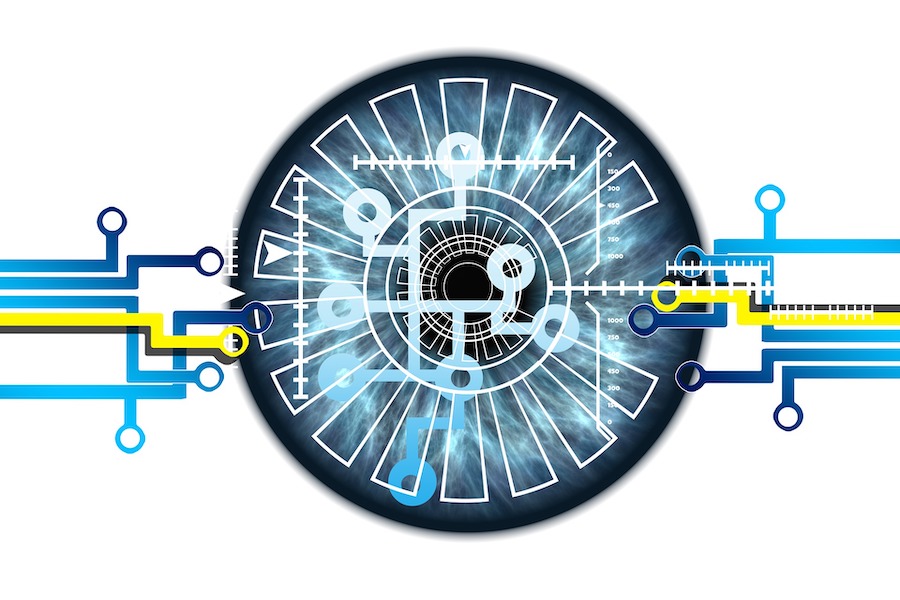Getting every guest to book direct is a great business goal, but it’s almost impossible to achieve. Some guests will always choose to use alternative booking channels, no matter how hard you try to lure them to your site. So, while it’s definitely worth striving to get as many guests as possible to deal with you directly, larger business success will likely depend on managing a whole host of channels well.
Keeping that process organized is a big undertaking in itself, which is why channel managers exist. The right one can save you time, streamline your efforts and help you drive bookings at the best price possible. The only tricky part is finding the right channel manager out of all your options. Use these tips to identify the best choice for your business.
Identify Your Target Channels
Every booking channel has value, but most of your bookings probably come from just a handful. With this in mind, any channel manager you rely on must be able to support the channels that are most important to your business. However, you should also investigate the other integrations available to ensure that a particular channel manager offers access to a large number of promising channels and won’t force you to switch yet again when you want to incorporate new channels into your strategy.
Calculate a Practical Budget
How much can you afford to pay on a monthly or yearly basis? Keep in mind that a channel manager is more of an investment than an outright expense, and if you use one wisely it can actively drive revenue for your hotel. When calculating your budget, consider how important a channel manager is to your overall strategy. It may be less crucial (but still useful) at a small county inn than at a massive urban hotel.
Explore PMS Compatibility
Channel managers should make it easier to manage inventory, track costs and prepare for guests, which means they should work seamlessly with your existing PMS. Having to integrate the two systems manually only wastes time and invites errors. The best channel managers automate as much of the workload as possible.
Try the Reporting Tools
Finding the right channel mix can be tricky, but it gets a little easier when your channel manager produces reports showing what channels are working and where your revenue is really coming from. When reports are easy to produce and in-depth, you quickly learn which channels make a meaningful difference to your bottom line.
Experiment with the Interface
You check in with your channel manager daily, so it should be easy to use. Before making any final selection, experience the product first hand. Observe whether the interface feels intuitive and if information comes across clearly. Don’t settle for a tool that makes work harder.
Consider Advanced Revenue Management
Large hotels in particular may want more advanced revenue management features built into the channel manager. For instance, does it allow a flexible pricing strategy, accommodate rate patterns, include tax settings or enable an inventory pool? These features are assets for all hotels, but for some they are absolutely essential.
Investigate Support Options
When the system is on the fritz you need service and support immediately. After exploring the specific software solution, investigate the provider too. Find out what kind of hotels they work with, whether they have high client ratings and how their support structure works. A channel manager is only as good as the provider standing behind it.
Did you know that more than 140 million Americans will research a trip online this year? Their research will take them in wildly different directions, but most will eventually end up on a booking channel. A great channel manager makes it effortless to engage with them along the way, and to ultimately convert them into satisfied guests.
RoomKeyPMS was the first property management system to connect directly with leading OTAs. Contact our experts to learn about using OTAs to your hotel’s advantage.
Photo Credits: Shutterstock / Tulenkov




